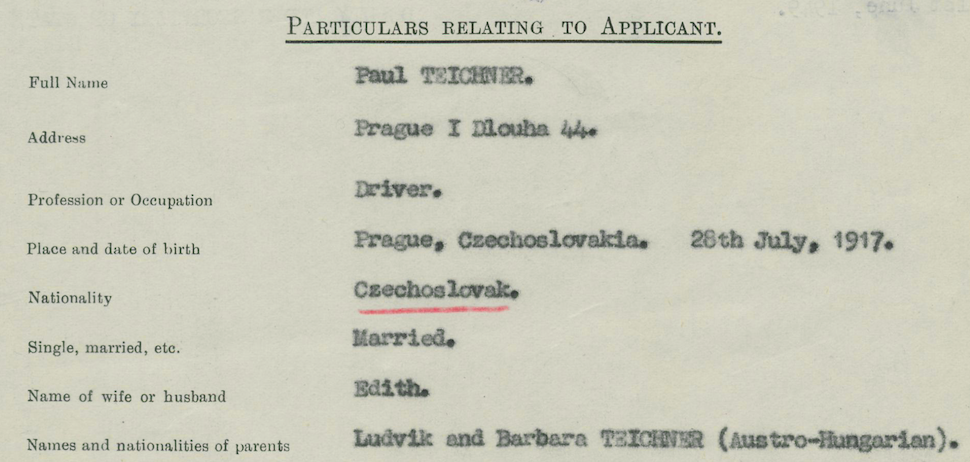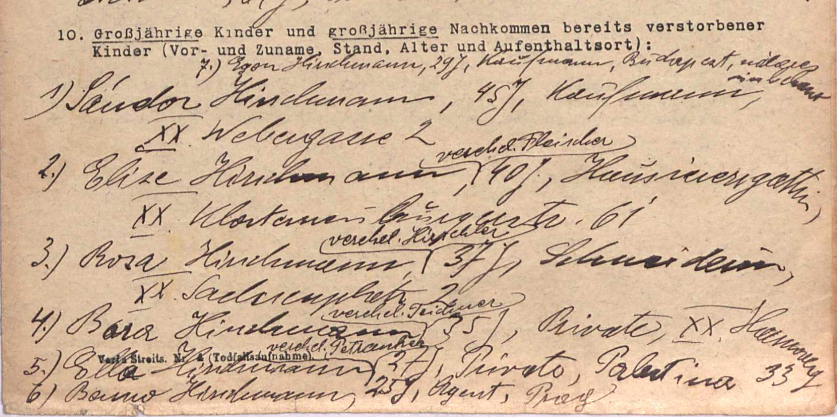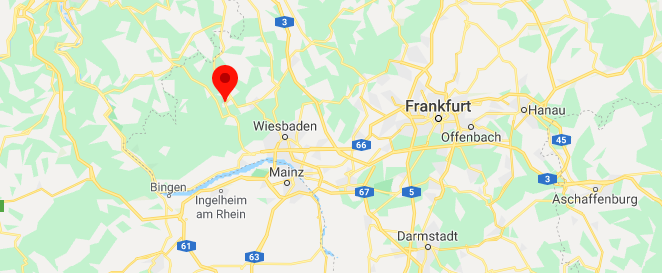They Survived the War, But How? Part 2 of How I Located Relatives Assumed to Have Perished in the Holocaust

In last week's installment , I wrote about my research into the whereabouts of two cousins that my grandmother remembered sledding with in Vienna when she was about four years old. All she remembered about these brothers was that they were called Pauli and Karli, and to the best of her knowledge, they had died in the Holocaust. I described how I was eventually able to identify these two brothers as Paul and Karl Teichner, sons of my great-grandmother's sister who had perished in the Holocaust. Through a Viennese probate record from 1967 for my grandmother's uncle, I learned that Paul and Karl did not in fact die in the Holocaust, but instead were still living, in Europe, unbeknownst to my grandmother. This second part of the Teichner story addresses how I was able to locate what happened to Paul and Karl, both during the war and after the war, through the archives of three new countries. Paul Enlists in the War and Finds Himself in . . . England? After receiving the probat...

